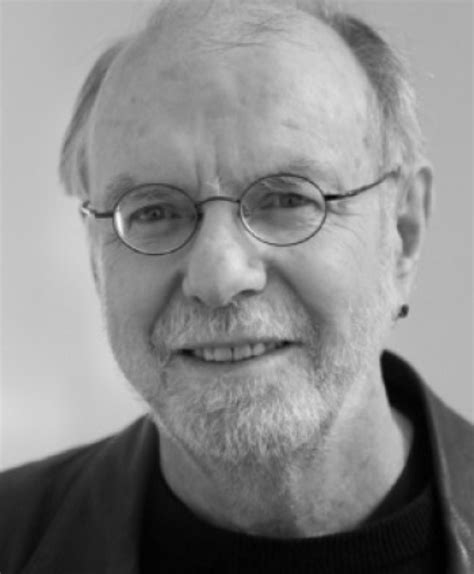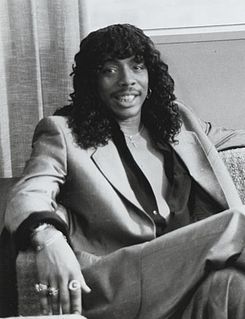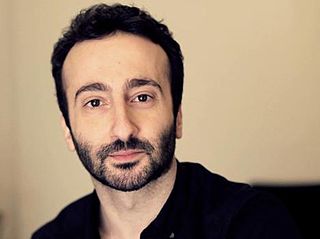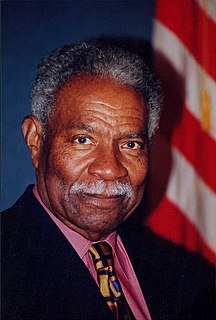A Quote by Jess Row
I think novels - or any art form - can have a powerful impact on people's perceptions of race, particularly if they draw attention to the absurd inconsistencies and stereotypes we all carry around with us and don't want to think about.
Related Quotes
Our goal is to have a country that's not divided by race. And my impression, as I travel around the country, is that that's the kind of country that most people want, as well, and that we all have prejudice, we all have certain suspicions or stereotypes about people who are different from us, whether it's religious or racial or ethnic, but what I think I found in the American people, I think there's a core decency there, where if they take the time, if they get the time to know individuals, then they want to judge those individuals by their character.
Stereotypes are ways of making extremely primitive and simple differentiations. Differentiations of gender, race, class, social status - so ordinary social life is very much built upon a whole repertoire of stereotypes we carry around. And those are immediately laminated onto people, and it isn't just visual.
All art is fundamentally subversive, because it upsets people's perceptions, their notions about society. Therefore, art is dangerous, but good art is always making us reassess our thoughts and feelings about how we relate to other people. There are always people who fear that and want to suppress that.
I really think people are greatly stimulated and enriched by experiencing in film just as we can from novels and other art, experiencing things that resonate with what our lives are about. I think people really want to know... want to share, want to have the stimulus to think and care about the way they live their lives, the way they relate to other people, their aspirations, their hopes, et cetera.
People think, for some reason, that I don't care about creativity and art, or helping people. So I would say that the biggest misconception is, when you think about me, when you think about my name, I don't want you to think about design or clothes or music. I want you to think about a person that's just trying to help people.
If you want to get into the shoes of someone, it's not just about seeing and hearing. It is also about what you touch and what you smell. Smell is so specific and so powerful. And this is the beauty of immersive theatre - it's something you cannot get in any other art form. I think this is the real future for theatre.
Over the years, I developed an extreme hostility towards the non-profit art organization gulag. I formed the opinion that it's actually a very sophisticated form of government suppression of creativity, particularly in young people. When I see the younger generation dragged into this and being told to write these statements and take these photos, define your work this way or that way, I think it's wrong. I think instead of paying any attention to politics, a great project for young artists is to attack and destroy the non-profits of our world.
Do you realize that people don't know how to read Kafka simply because they want to decipher him? Instead of letting themselves be carried away by his unequaled imagination, they look for allegories - and come up with nothing but clichés: life is absurd (or it is not absurd), God is beyond reach (or within reach), etc. You can understand nothing about art, particularly modern art, if you do not understand that imagination is a value in itself.
I think there's a danger with any great art, that if you begin to test your ideas on other people, and get their opinions before making decisions, or if you pay too much attention to what other people say about what you create, that it really pollutes your expression. I think that I'm much more about pure art and honesty and expressing exactly what I feel, and not caring so much what anyone says. However, I do respect, and I do pay attention to everyone's comments. And I do take them into consideration. But I don't base my decisions by it
I don't think that writers or painters or filmmakers function because they have something they particularly want to say. They have something that they feel. And they like the art form; they like words, or the smell of paint, or celluloid and photographic images and working with actors. I don't think that any genuine artist has ever been oriented by some didactic point of view, even if he thought he was.





































